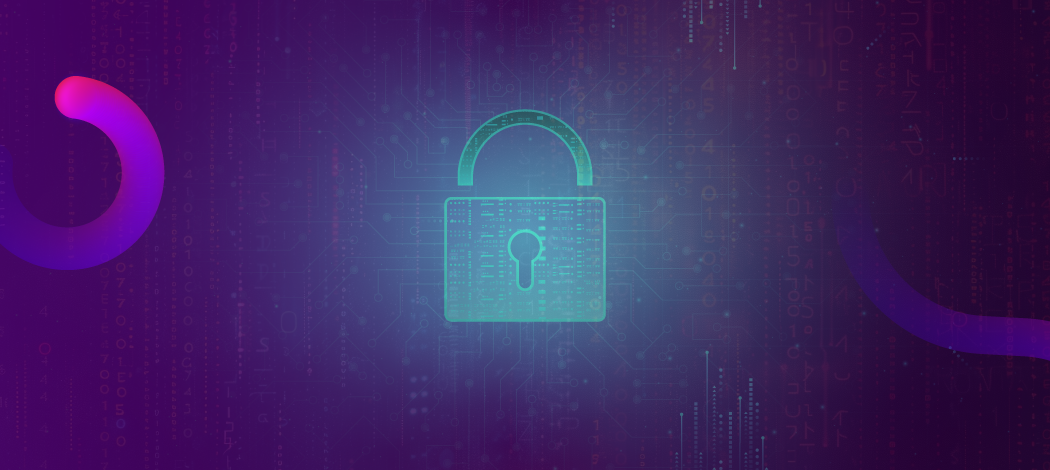
Has your business ever used a password like ‘admin’, ‘123456’ or ‘password1’? If you’re still using basic passwords like these, you seriously need to step up your cyber security game.
With cyber attacks on the rise and their methods becoming more sophisticated, hackers are now able to crack basic passwords like these in milliseconds.
Let’s discuss some of the simple but very effective steps you can take to create ultra-strong passwords and store them safely – no superhuman memory required!
How to create strong passwords
Mix it up
Use a mix of uppercase and lowercase letters, numbers, and special characters. This variety makes it much harder to crack your password. For example, “n0EntRy!” is far more effective than “noentry”.
Avoid the obvious
Forget about using your favourite sports team, band or fictional character as your password, as well as sequential strings of letters or numbers like ‘qwerty’ or ‘111111’. Get creative and think outside the box!
Go long
Longer passwords are tougher to break, so aim for at least 12 characters. It takes a computer about 7 milliseconds to crack a 6-character password, but this increases to 3 weeks for 12 characters – and 34,000 years for 16 characters!
Think phrases, not words
Instead of just one word, try a passphrase. Computers are better than humans at creating truly random sequences, so try using a random word generator and combining the first three words it comes up with.
Use a password generator
This is by far the most effective way to create a truly unique password. You’ll get a completely random string of numbers, letters and special characters, taking the decision out of your hands. Just make sure to store it securely, because it will be borderline impossible to remember!
How to manage and store passwords
Use a password manager
Password managers are lifesavers. They store and organise all your passwords securely, generate strong ones for you, and auto-fill them when needed. No more sticky notes or remembering where you scribbled down your password.
Change passwords regularly
Switch up your passwords every so often, especially for important accounts like email and banking. Regular updates can help keep you one step ahead of any security weaknesses.
Don’t reuse passwords across accounts
Using the same password for multiple accounts is a big no-no. If one account gets hacked, all your accounts with the same password are at risk. Unique passwords for each account are the way to go.
Stay sharp for phishing attempts
Be cautious about phishing scams trying to trick you into giving up your passwords. Always verify emails or messages that ask for personal info, and when in doubt, don’t click that link! To find out more about staying protected from phishing attempts, click here.
Creating and managing strong passwords is easy to procrastinate on, but taking a few minutes to ensure you’re protected can save you a lot of trouble later on. If you’re interested in learning more about how to boost your cyber security and how it can benefit your business, click here to find out more or contact us today to speak with one of our experts.